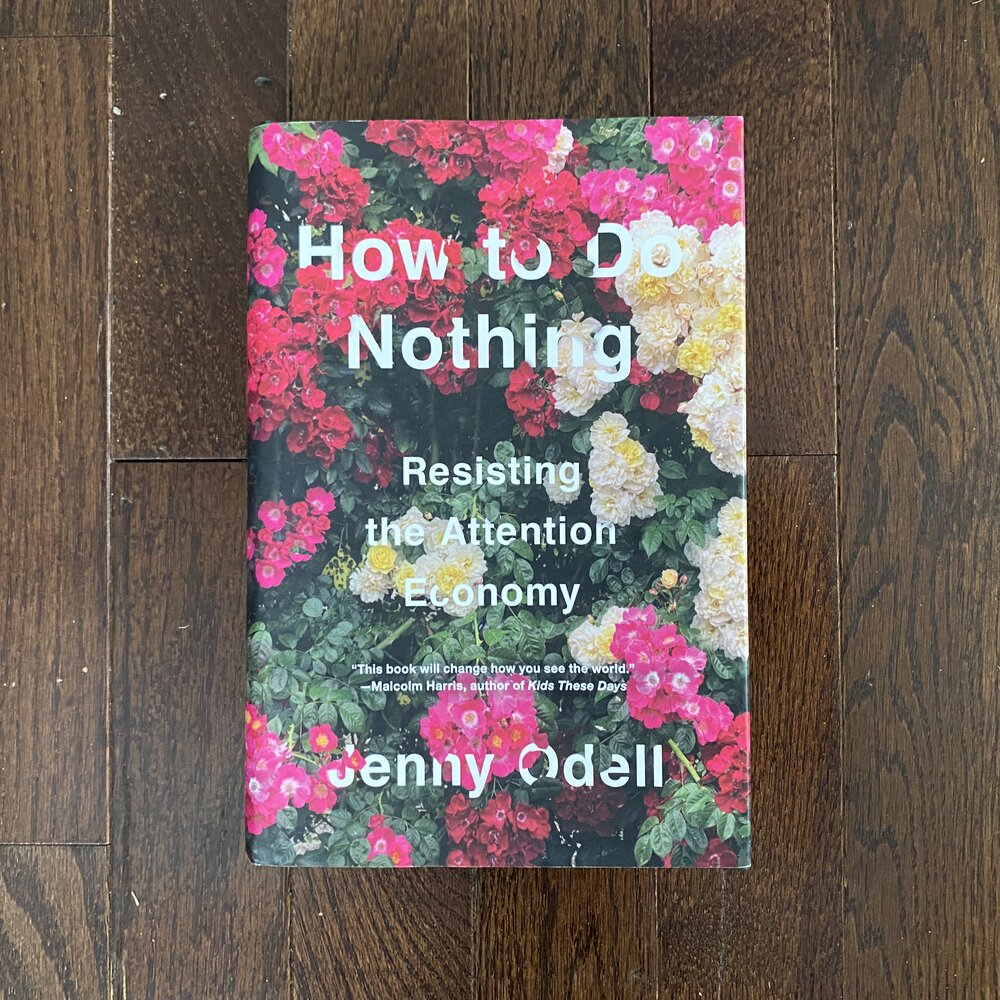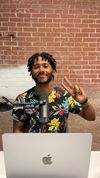How To Do Nothing - Book Review
One of the best books I've read helped reset my thinking about our relationship to work, technology, nature, and more.
For those following along at home, I’ve been hard at work burning through my reading list, figuratively speaking. Just trying to make all my English teachers who never liked me proud. So far, we’re up to six books, in this order:
- How To Do Nothing by Jenny Odell
- Between the World and Me by Ta-Nehisi Coates
- The Rap Yearbook by Shea Serrano
- Go Ahead In The Rain by Hanif Abdurraqib
- Digital Minimalism by Cal Newport
- The Art of Gathering by Priya Parker
Although my library didn’t start this way, the books have many common threads. The 2nd, 3rd, and 4th books, in particular, illustrated a part of the Black experience I am not familiar with, as I detailed in this essay. That knowledge has been useful for the national conversation happening right now around racism and prejudice.
These reviews are written to spark your imagination. If you decide to purchase the book, please consider buying through your local book store. Many of them still deliver during quarantine and can be faster than ordering through Amazon. Shout out Letters Bookshop and Regulator Bookshop in Durham.
Without further ado, here’s your first review.
The title is misleading. How To Do Nothing is a field guide on the benefits of bird watching, nature walks, and, more importantly, how to protest the attention economy. It is a gateway into conversations about gentrification, human sociology, consumption, and so much more.
Be prepared to take notes! Ever since I finished it, which took MONTHS, I find myself revisiting its pages often, referring back to Odell’s philosophies as well as the abundance of references to other works of visual art and literature for inspiration.
Of the many quotables throughout the book, the one that follows illustrates a paradox that I’ve found throughout my career as a marketer and relates the many lessons learned from Odell with similar ideologies in Digital Minimalism by Cal Newport, which we will cover at a later date. It reads:
By contrast, at its most successful, an algorithmic “honing in” would seem to incrementally entomb me as an ever-more stable image of what I like and why. It certainly makes sense from a business point of view. When the language of advertising and personal branding enjoins you to “be yourself,” what it really means is “be more yourself,” where “yourself” is a consistent and recognizable pattern of habits, desires, and drives that can be more easily advertised to and appropriated, like units of capital. In fact, I don’t know what a personal brand is other than a reliable, unchanging pattern of snap judgments: “I like this” and “I don’t like this,” with little room for ambiguity or contradiction.
For more convenient, more consistent inbound information, we trade our sense of discovery. We constantly walk through the open door unaware of what’s on the other side of the closed one, never taking a chance to look for fear of being disappointed. But too much of a good thing can create complacency, or worse, ingratiation. Big Tech firms like Google, Amazon, and Facebook have created a dependency on their services, manipulating our desire for community, convenience, and self-idealization to increase their fortune at our expense. In fact, it is our rejection of the attention economy that will allow us to truly discover who we were meant to be.
For years, I’ve worked in marketing and advertising, trying to grab people’s attention. Now, I see the industry as my enemy, but stories still need an audience and it’s becoming harder and harder to be heard over the screaming and shouting of digital media.
How To Do Nothing set me on a path toward understanding my own individualism and searching for more answers offline rather than through my feed. If you want to hear more about my thoughts on the book, check out my conversation with Mike Shields, editor-in-chief at Across The Margin, during a recent episode of Quarantine Recommends. You can also read my recommendations for alternatives to major tech services (think DuckDuckGo instead of Google Search) here.


